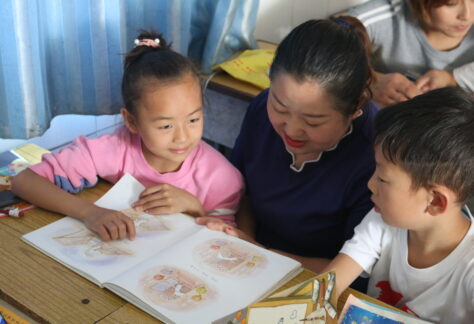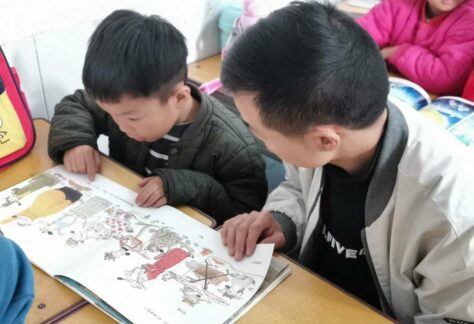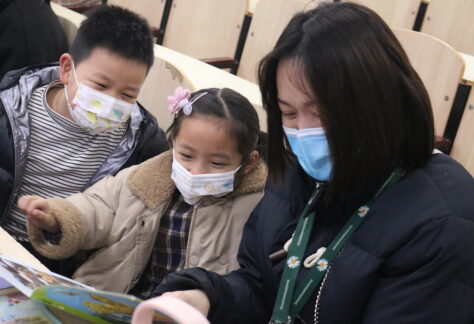Literacy
Purpose
The Literacy Project is designed to promote parent-child engagement focused on reading books and gaining knowledge with the parent as teacher and partner in this learning process.
United Nations Sustainable Development Goals
Quality Education – Parents are the first teachers of their children and often do not see the importance of this role or do not feel qualified to teach their child academic skills like reading, writing, and arithmetic. Learning together strengthens the bond between the parent and child as they learn together and enjoy the fun of learning. Parents become confident in their ability to learn and teach their child.
Project Actions
The Literacy Project team schedules sessions on campus, in local communities, and villages, and invites parents to come with their child to read and learn together. This year an after-school activity was created to include kindergarten children ages 3-7 and their parents. The activities are designed to instruct parents how to read with their child, how to ask questions about what their child thinks, feels, and discovers. The parent engages with their child in discussing the information in the book and applying what they learn to other activities. They may write their own stories, share their stories with other parents/children in the class to increase their communication skills, and enjoy sharing what they have learned. They may act out the stories they read, draw pictures about the story, explore more books about the same subject or other subjects that interest them.
These activities are designed to increase the parent and child’s relationship and their interest in learning together. Parents gain confidence in their ability to teach and learn with their child and to appreciate the fun of learning together. At the same time, they assist their children to develop good reading habits, enrich parent-child relationships, and develop quality education. It encourages reading as a life-long skill and benefit.
Due to the Covid Pandemic impact on the project fewer parents and children were able to participate due to lock downs and closed campus.




